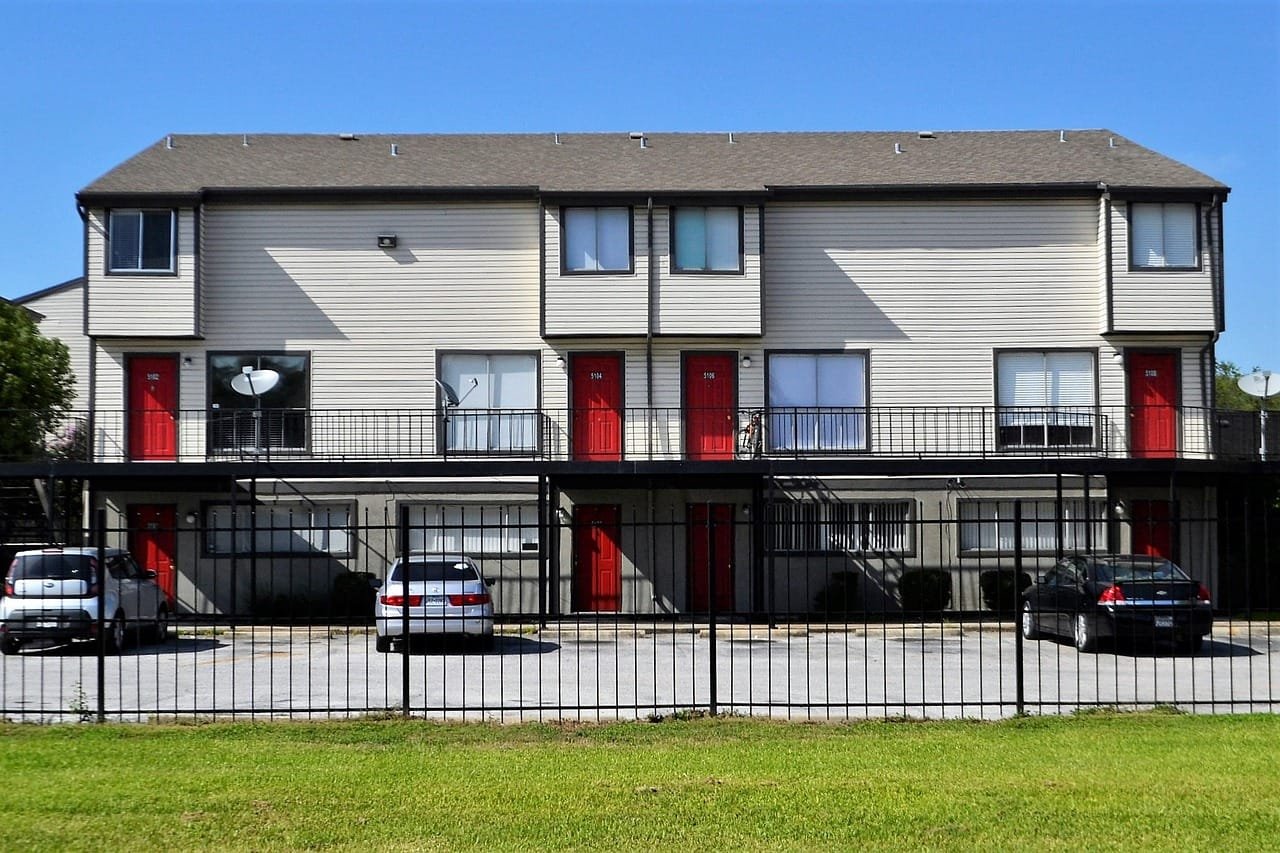Investing in real estate can be a lucrative way to grow wealth, but the key to success lies in identifying the right property. Whether you’re a seasoned investor or a beginner, spotting a good investment property requires research, foresight, and a solid understanding of the market. In this article, we’ll break down the essential factors to consider when evaluating an investment property.
1. Location, Location, Location
The location of a property is arguably the most critical factor in determining its investment potential. Properties in desirable neighborhoods tend to appreciate over time and attract high-quality tenants. When evaluating location, consider:
- Proximity to amenities: Look for properties near schools, public transportation, shopping centers, parks, and restaurants.
- Neighborhood growth: Check for signs of development such as new businesses, infrastructure projects, or revitalization efforts.
- Crime rates and school quality: Lower crime rates and good schools are attractive features for families, making a property easier to rent or sell.
2. Property Condition
Before making a purchase, thoroughly inspect the property’s condition. Older homes may come with hidden repair costs, which can significantly eat into your profits. If you’re not familiar with construction or repairs, consider hiring a home inspector to identify potential issues like:
- Structural damage
- Outdated plumbing or electrical systems
- Roof and foundation problems
- Mold or water damage
If you’re handy and don’t mind renovation projects, a fixer-upper can be a great investment if bought at the right price.
3. Market Value and Comparable Sales
Before making an offer, research the current market value of the property and compare it to similar homes in the area (often referred to as “comps”). Look at recently sold homes and their prices to ensure you’re not overpaying. A real estate agent can help you with this, but there are also plenty of online tools to assess home values.
4. Potential for Rental Income
For investors interested in rental properties, the potential rental income is a crucial factor. A good rule of thumb is the 1% Rule, which states that the property should rent for at least 1% of its purchase price each month. For example, if a home costs $200,000, the monthly rental income should be around $2,000.
Check rental demand in the area and compare it with current rental prices. High-demand rental markets typically offer more stable, long-term returns.
5. Calculate Cash Flow and ROI
To determine if a property is a good investment, you need to calculate its expected cash flow and return on investment (ROI). This includes factoring in costs such as:
- Mortgage payments
- Property taxes
- Insurance
- Maintenance costs
- Vacancy rates
A positive cash flow property will generate more income than expenses, while a strong ROI ensures that your investment yields significant profits over time. Online calculators can help you estimate these figures before you commit.
6. Appreciation Potential
While cash flow is important for rental properties, appreciation is what can really grow your wealth over time. Property values tend to rise over the long term, especially in growing areas. When analyzing a property’s appreciation potential, look for:
- Economic growth: Areas with expanding job markets are likely to see higher demand for housing.
- Population growth: Cities or towns experiencing population increases tend to see rising property values.
- Future developments: New infrastructure projects, such as highways or shopping centers, can boost nearby property values.
7. Look for Properties with Low Maintenance Needs
One way to ensure that your investment property doesn’t become a money pit is to choose homes with low maintenance requirements. Newer homes or recently renovated properties tend to require fewer repairs than older, unrenovated homes. Pay attention to factors such as:
- Updated electrical and plumbing systems
- New roofs and windows
- Energy-efficient features
8. Consider Professional Help
Investing in real estate can be complex, and having a professional on your side can make the process smoother. Consider hiring:
- A real estate agent: A local agent who knows the market can help you spot great investment opportunities.
- A property manager: If you’re buying a rental property but don’t want the hassle of managing tenants, a property management company can handle everything for you.
- An accountant: To ensure your finances are in order and you’re taking full advantage of tax deductions for real estate investors.
Recommended Product: “Real Estate Investing for Beginners” by Brandon Turner
If you’re new to real estate investing, we recommend reading Real Estate Investing for Beginners: The Ultimate Beginner’s Guide to Real Estate Investing by Brandon Turner. This book covers all the basics of real estate investing, from understanding cash flow to financing your first deal. It’s an invaluable resource for anyone looking to get started in the world of real estate.

Here are more recommended books:
“The Book on Rental Property Investing” by Brandon Turner
This book dives deep into strategies for building wealth through rental properties. It’s perfect for those looking to create a rental property empire.
“Real Estate Investing QuickStart Guide” by Symon He
This beginner-friendly guide offers a simple, comprehensive overview of real estate investing, focusing on different types of investments and how to get started.
“Long-Distance Real Estate Investing: How to Buy, Rehab, and Manage Out-of-State Rental Properties” by David Greene
This book is ideal for investors who want to expand their opportunities by purchasing properties in markets outside of their own geographic location.
“Real Estate Investing for Dummies” by Eric Tyson & Robert S. Griswold
A comprehensive guide covering all aspects of real estate investing, from flipping to rentals, with an easy-to-understand format for beginners.




